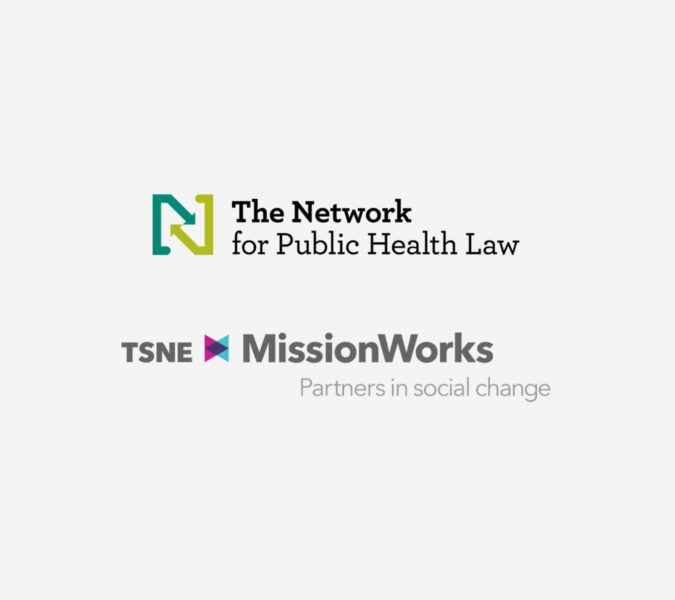
Let’s Talk Money: Barriers and Benefits of Investment in Public Health
Law & Policy InsightsPublic Health Funding and InfrastructureMechanisms for Advancing Public HealthPublic health interventions are chronically underfunded, in significant part because policymakers are often reluctant to adopt policies necessary to fund them. Much of this reluctance can be attributed to the fact that returns on investment (ROIs) for public health interventions, while substantial, are difficult to accurately predict and are often realized many years down the line. Decision-makers and funders at all levels of government, and the public, need a mindset shift toward recognizing the long-term value of public health investments, and public health professionals can use advocacy to help them do so.










